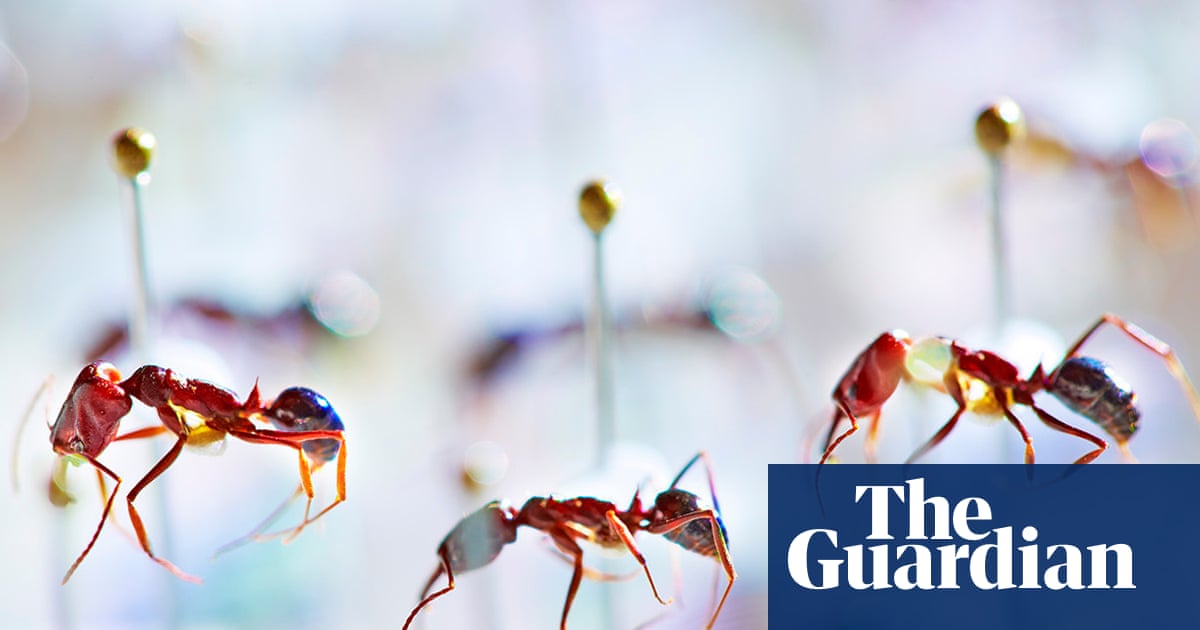fromenglish.elpais.com
1 day agoToday's birds are up to 72% smaller than those of 80 years ago in Indigenous territories
Between 1940 and 2020, the average body mass of birds in 10 Indigenous and local communities on three continents declined by up to 72%. For the Indigenous communities who were interviewed, birds often hold immeasurable symbolic and ceremonial significance. Thus, ritual dances, songs, and place names are at risk of being lost in the face of this loss of biodiversity.
Environment


